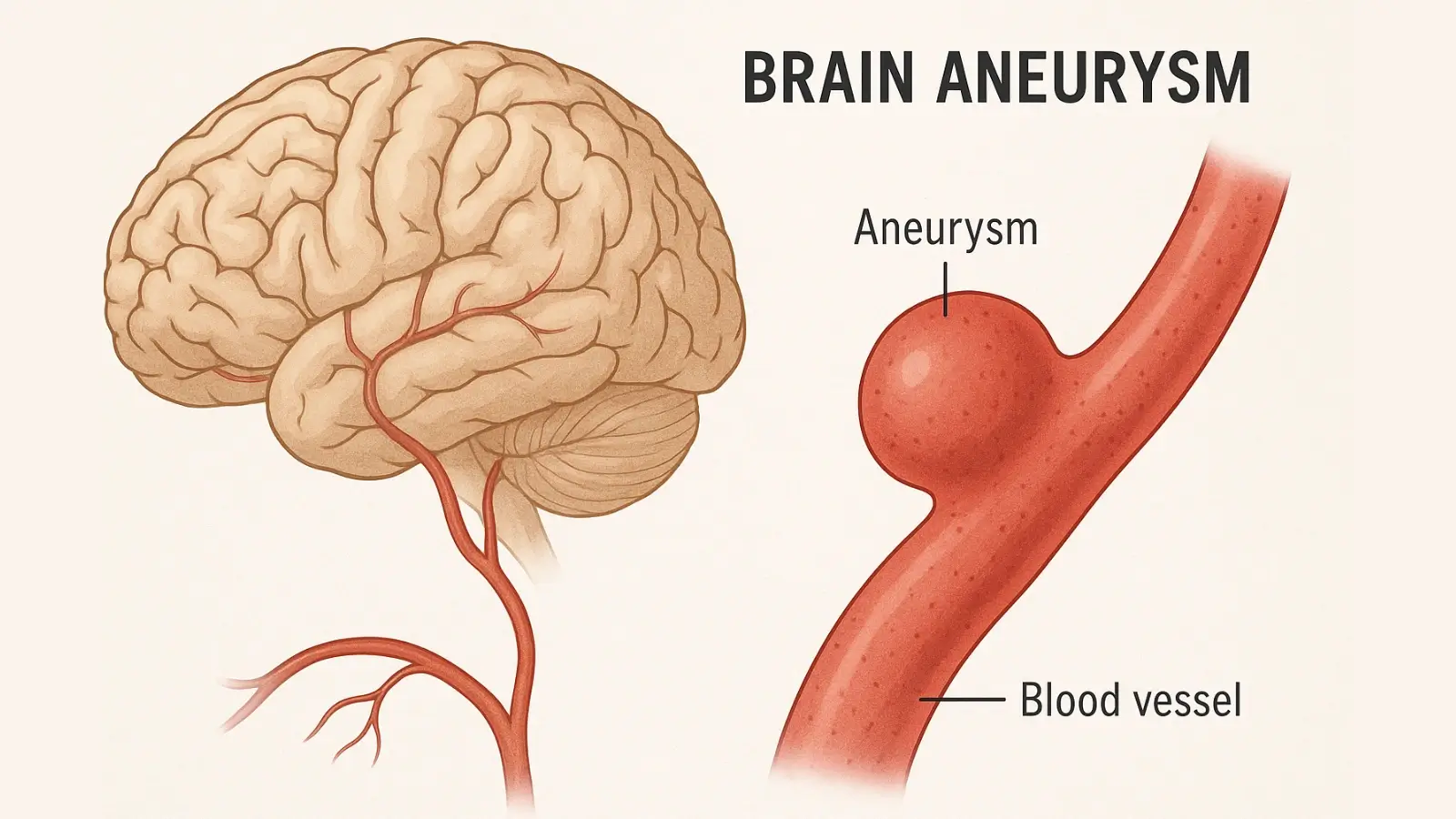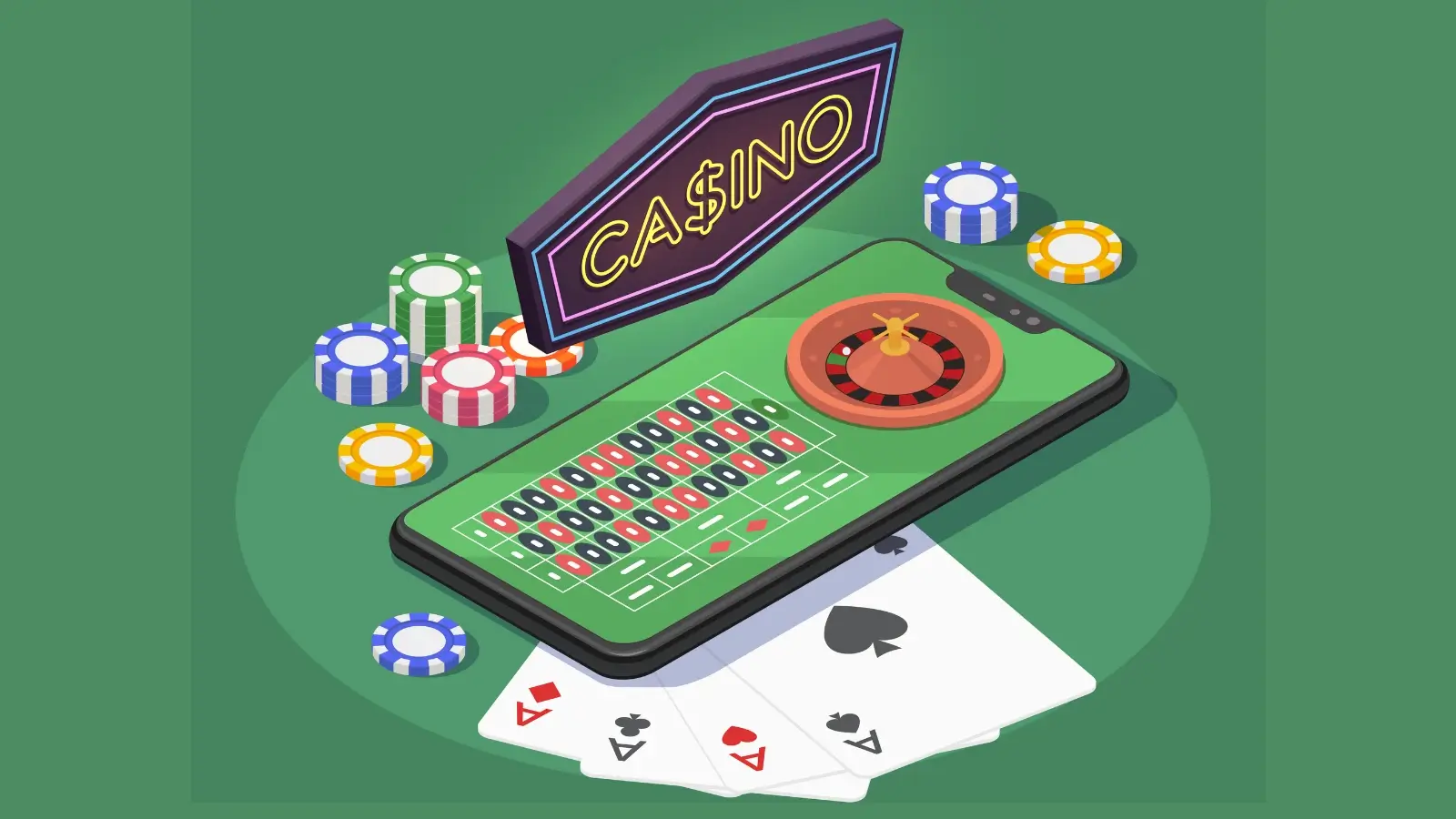


Online gambling presents Slovenian players with a fundamental decision between three regulatory models: the domestic state monopoly, a highly regarded European authority, or a commonplace offshore license. The operator’s license is the single most important factor for player safety, guaranteeing legal protection, secure funds, and mandatory responsible gaming tools.
The Republic of Slovenia maintains a restrictive online gambling market. Concessions are limited to the two state lottery monopolies and a few land-based casino operators. This domestic framework offers the highest theoretical legal protection because operators fall under direct Slovenian law.
However, this structure severely limits choice. Because of this, many Slovenian players seek objective assessments of available international platforms, often consulting review portals such as casinoonline.si for independent analysis before playing.
The international options available are typically those licensed by the Malta Gaming Authority (MGA) and those licensed in Curaçao. These two jurisdictions represent vastly different regulatory standards in terms of oversight, consumer protection, and resolving player disputes. Players must prioritize strong security and clear avenues for recourse over mere convenience.
Licensing dictates whether a casino must segregate player funds in safeguarded accounts, maintain liquidity thresholds, register approved payment processors, and submit to annual or quarterly audits. Strong regulators require operators to store player balances separately from operational capital to prevent misappropriation. Audits test the random number generator's integrity, payout accuracy, and system transparency.

Regulators also influence complaint pathways. For example, Malta obligates operators to participate in Alternative Dispute Resolution (ADR), which gives players an independent escalation route. Curaçao has no mandatory ADR mechanism, and complaints are usually resolved internally by the casino, which reduces accountability.
Slovenia provides player protection domestically through national law, yet it loses jurisdiction once a player uses an offshore website. This difference shapes the real-world outcome of a dispute more than any marketing promise made by a casino.
The Maltese licensing regime achieves success by skillfully balancing operator incentives with demanding compliance standards. Malta gained a crucial first-mover advantage when the Malta Gaming Authority (MGA) became the first European Union member state to regulate remote gaming in 2004. This system offers a favorable corporate tax regime to gaming companies, which significantly improves their financial stability.
Furthermore, operators benefit from an extensive network of double taxation treaties, simplifying international financial reporting. The licensing process itself requires rigorous technical and operational audits, ensuring high standards for both software fairness and security.
A key MGA requirement is the mandatory segregation of player funds. Operators must keep player deposits and winnings in separate accounts from their business operating capital. This rule protects player balances if the operator becomes insolvent. The MGA also mandates comprehensive responsible gaming tools, including self-exclusion registers, reality checks, and deposit limits, which operators must enforce strictly.
Crucially, the MGA offers a robust and transparent dispute resolution service. If a player cannot resolve an issue directly with the operator, the MGA acts as an independent mediator. This official, structured process ensures players have a clear and powerful path to address concerns like delayed withdrawals or disputed winnings.
Curaçao is one of the oldest online gambling jurisdictions. It is known for its streamlined, low-cost licensing process, which appeals to many startups and crypto-focused casinos. However, its history is marked by criticism for lax oversight and limited consumer protection.
Recent legislative changes, specifically the National Ordinance for Games of Chance (LOK), attempt to address these weaknesses by enhancing supervision and requiring stricter Anti-Money Laundering (AML) controls. Despite these reforms, the jurisdiction is currently in a transitional phase, and its long-standing reputation for being lenient remains a concern.
The main risk for players on Curaçao-licensed sites is the lack of strong regulatory involvement in player disputes. Historically, resolving complaints was left entirely up to the individual operator. If a serious disagreement arose, the player had minimal independent recourse from the licensing body.
While the new LOK aims to introduce mandatory Alternative Dispute Resolution (ADR), the true effectiveness and independence of this new system are unproven. The perceived lower enforcement standards for operational integrity mean players bear a higher risk regarding game fairness and financial security. Lower costs for operators in Curaçao usually translate to fewer guarantees for consumers.
Slovenia regulates gambling through the Zakon o igrah na srečo (ZIS). Oversight is conducted by the Ministry of Finance and supervised operationally by FURS. Domestic casinos must comply with national financial rules, AML procedures and responsible gambling obligations.
The licensing framework strictly differentiates between "classic games of chance" (Lottery, Bingo, Sports Betting) and "special games of chance" (Casino Games). Classic games are an effective state monopoly, with only two ongoing concessions granted for all lotteries and sports betting.
The maximum number of concessions for casino-style gaming is legally capped at 15 for casinos and 45 for gaming halls, all subject to government approval. Online licenses are only available to entities that already hold a concession for land-based operations or ongoing classic games.
Player funds are legally protected when held by domestic license holders, and disputes can be escalated through Slovenian administrative and judicial channels.
The domestic model focuses on restricting offshore participation instead of building a competitive licensing market. DNS blocking orders are issued to limit access to unlicensed foreign casinos, yet these measures can be bypassed.
Once a player moves outside the national framework, Slovenia cannot enforce withdrawal rights or intervene in disputes. The protection is therefore geographically strong but functionally narrow, because it applies only to a small number of domestic operators.
For any Slovenian player prioritizing security and reliable recourse, the safety hierarchy is clear, reflecting the commitment of the regulatory body.
|
Feature |
Malta Gaming Authority (MGA) |
Curaçao License |
Slovenian License (Domestic) |
|
Regulatory Reputation |
High standard (EU). First EU regulator. |
Low/historical weakness. Currently undergoing LOK reforms. |
High (national law). Direct government oversight. |
|
Player Fund Security |
Mandatory segregation (safeguarded during insolvency). |
Weak/uncertain. Historical issue; depends on new reforms. |
Legally protected under national financial rules. |
|
Dispute Resolution |
Robust and Independent. MGA acts as a neutral mediator. |
Minimal regulator involvement. Recourse relies on the operator. |
Direct Legal Recourse. Disputes are handled by the Slovenian administrative/judicial system. |
|
Compliance & Audits |
Rigorous technical and operational audits required. |
Less strict (historically). Lower enforcement standards. |
Strict compliance with national AML and responsible gaming laws. |
|
Operator Focus |
Balance of incentives with high compliance. Targets the established EU market. |
Low-cost, fast process. Appeals to startups and crypto sites. |
Focus on restricting foreign operators and regulating domestic monopoly. |
|
Geographic Scope |
Global credibility; access to the EEA market. |
Global reach; broad but less respected market access. |
Limited to domestic. Protection is strong but only covers state-licensed operators. |
The prudent choice is to select an operator holding either a domestic Slovenian license or a reputable European one, such as the MGA. The license is the first line of defense against unfair treatment. Therefore, players should choose the regulatory body that has a proven record of standing up for them when issues arise.